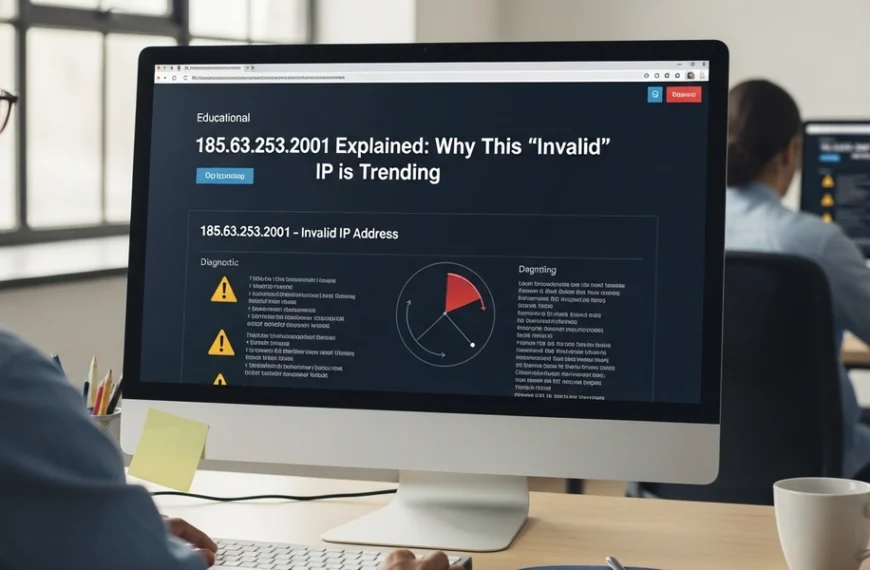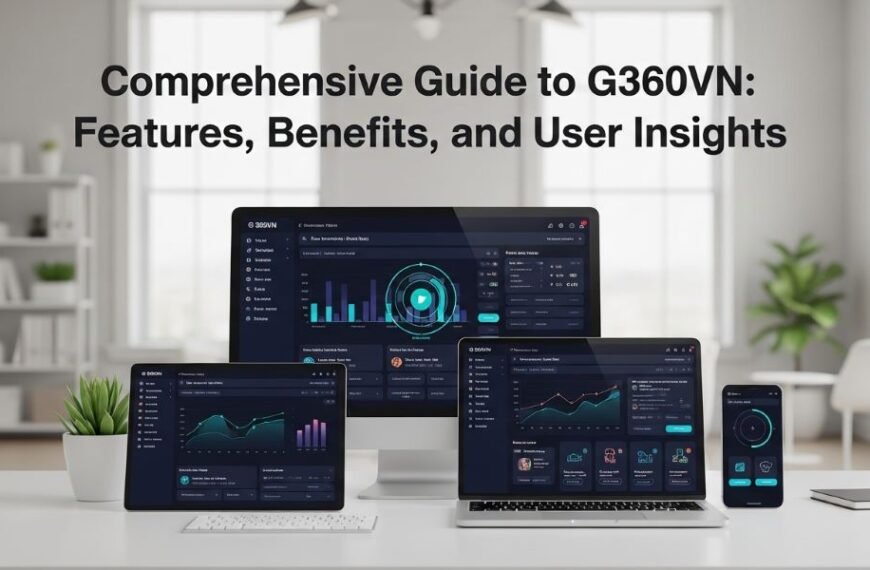In today’s fast-paced digital world, communication has become the cornerstone of successful business operations. With mobile messaging evolving rapidly, businesses are looking beyond traditional SMS to more sophisticated and interactive solutions. Rich Communication Services (RCS) and platforms like the WhatsApp Business API are ushering in a new era of business messaging. As enterprises strive for real-time, immersive engagement, RCS API integration emerges as a transformative force.
What Is RCS Messaging?
RCS message technology, or Rich Communication Services, is often dubbed the next generation of SMS. Developed as a modern protocol to replace traditional text messaging, RCS provides users with app-like features directly in their native messaging apps. These include read receipts, typing indicators, high-resolution image sharing, location sharing, and interactive buttons — all without the need for third-party apps.
While SMS is limited to 160 characters and lacks multimedia capabilities, an RCS message offers a rich, dynamic communication experience, making it highly appealing for businesses aiming to create deeper engagement with customers.
The Rise of API Integration in Messaging
Application Programming Interfaces (APIs) have been pivotal in revolutionizing how businesses interact with messaging platforms. APIs allow developers to seamlessly integrate messaging capabilities into their applications or systems, enabling automation, customer support, marketing campaigns, and more. The WhatsApp Business API is a prime example, offering companies robust tools to automate and personalize their customer communication.
Similarly, RCS API integration is becoming increasingly important as telecom providers and technology vendors offer tools that allow businesses to harness the full potential of RCS messaging within their customer engagement ecosystems.
RCS API Integration vs WhatsApp Business API
Though both the WhatsApp Business API and RCS API integration aim to enhance business messaging, they cater to slightly different segments and needs.
WhatsApp Business API
- Reach: Operates on WhatsApp, which boasts over 2 billion global users.
- Rich Features: Supports templates, automation, chatbots, product catalogs, and payment options.
- Cross-Platform: Available on Android, iOS, and web.
- End-to-End Encryption: High-level security for all interactions.
- Opt-In Model: Users must consent before receiving messages.
RCS API Integration
- Native Messaging: Operates within default SMS apps on Android (such as Google Messages).
- Rich Media: Supports carousels, quick replies, suggested actions, images, and videos.
- No App Required: Functions directly in a user’s messaging app.
- Carrier-Based: Dependent on carrier and device support.
- Wider Branding: Allows businesses to brand their message threads with logos and verified sender status.
In short, while WhatsApp Business API is ideal for app-based, opt-in customer engagement, RCS API integration offers a native, frictionless experience — especially in markets where WhatsApp isn’t dominant or where users prefer default messaging apps.
Why RCS API Integration Matters
1. Enhanced Customer Experience
With RCS, businesses can send messages that are visually compelling and interactive. A promotional message could include a carousel of images, clickable buttons for direct purchase, and GPS-integrated location sharing — all within one RCS message. The result is a much richer user experience compared to traditional SMS.
2. Automation and Scalability
Just like the WhatsApp Business API, RCS APIs can be integrated with customer support systems, CRMs, and marketing platforms. This allows businesses to send automated order confirmations, appointment reminders, or support responses at scale, reducing the load on human agents.
3. Brand Recognition and Trust
RCS allows verified sender IDs, which boosts trust and reduces spam. Customers are more likely to interact with messages from a branded sender than from an unknown short code.
4. High Engagement Rates
RCS messages see significantly higher open and response rates compared to SMS. Studies show that engagement with RCS message campaigns can be 3 to 5 times higher, thanks to their visual appeal and interactive design.
Use Cases for RCS Messaging
RCS API integration can be applied across various industries:
- Retail: Showcase product carousels, provide real-time support, and send cart abandonment reminders.
- Banking: Deliver transactional alerts with interactive security confirmations.
- Healthcare: Send appointment reminders, lab results, or wellness tips with multimedia.
- Travel: Provide boarding passes, hotel check-in info, and real-time travel alerts.
- Customer Support: Enable two-way conversations, supported by chatbots and quick replies.
In all these scenarios, RCS message integration enhances the user journey with better information delivery, faster actions, and more intuitive interactions.
Challenges of RCS API Integration
Despite its promise, RCS API integration faces a few hurdles:
- Limited iOS Support: Apple has not yet adopted RCS in its iMessage app, limiting the reach to Android users.
- Carrier Fragmentation: RCS relies on carrier and device support, which can vary by region.
- Adoption Curve: Businesses need to invest in new tools and development for RCS support, which may deter smaller firms.
Still, as more Android users adopt RCS-enabled apps like Google Messages and carriers enhance their infrastructure, these challenges are gradually being addressed.
Combining RCS with WhatsApp Business API: A Unified Strategy
The real power lies in combining the strengths of both RCS and the WhatsApp Business API. Businesses don’t have to choose between them — they can use both, depending on the customer’s location, device, and preferences.
- For example, use RCS message for Android users in markets with strong carrier support.
- Use the WhatsApp Business API for users who are more active on WhatsApp or in regions like India, Brazil, and Southeast Asia, where WhatsApp is the primary messaging app.
This omnichannel strategy ensures that businesses can reach customers through their preferred channels while maintaining consistent branding and engagement quality.
The Future of Business Messaging
As messaging evolves from text to visual, interactive, and automated formats, RCS API integration and platforms like the WhatsApp Business API will shape the future of business communication. With 5G rollouts, improved device compatibility, and increasing consumer expectations, businesses must invest in these advanced messaging tools to stay competitive.
Enterprises that embrace RCS message capabilities today will be better positioned to lead in customer engagement tomorrow.
The era of plain SMS is fading. Rich, conversational messaging — powered by RCS API integration and the WhatsApp Business API — is defining the next chapter in how businesses communicate. By leveraging both platforms effectively, companies can create high-impact, personalized, and scalable messaging experiences that resonate with modern consumers.
Whether you’re a startup or an enterprise, now is the time to rethink your messaging strategy. The future is rich, interactive, and API-driven.






